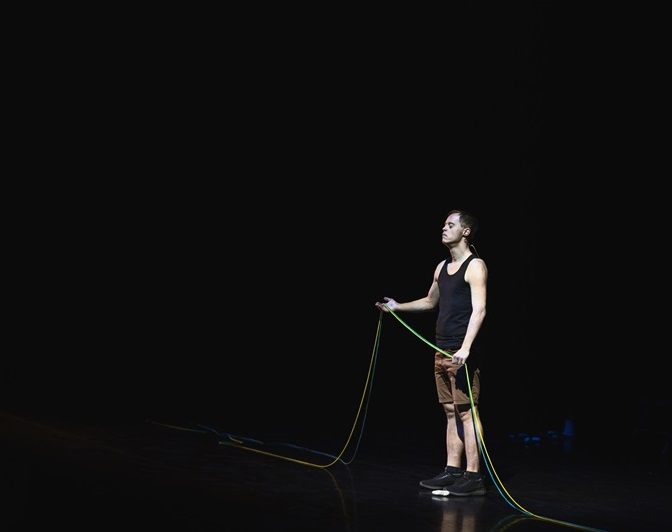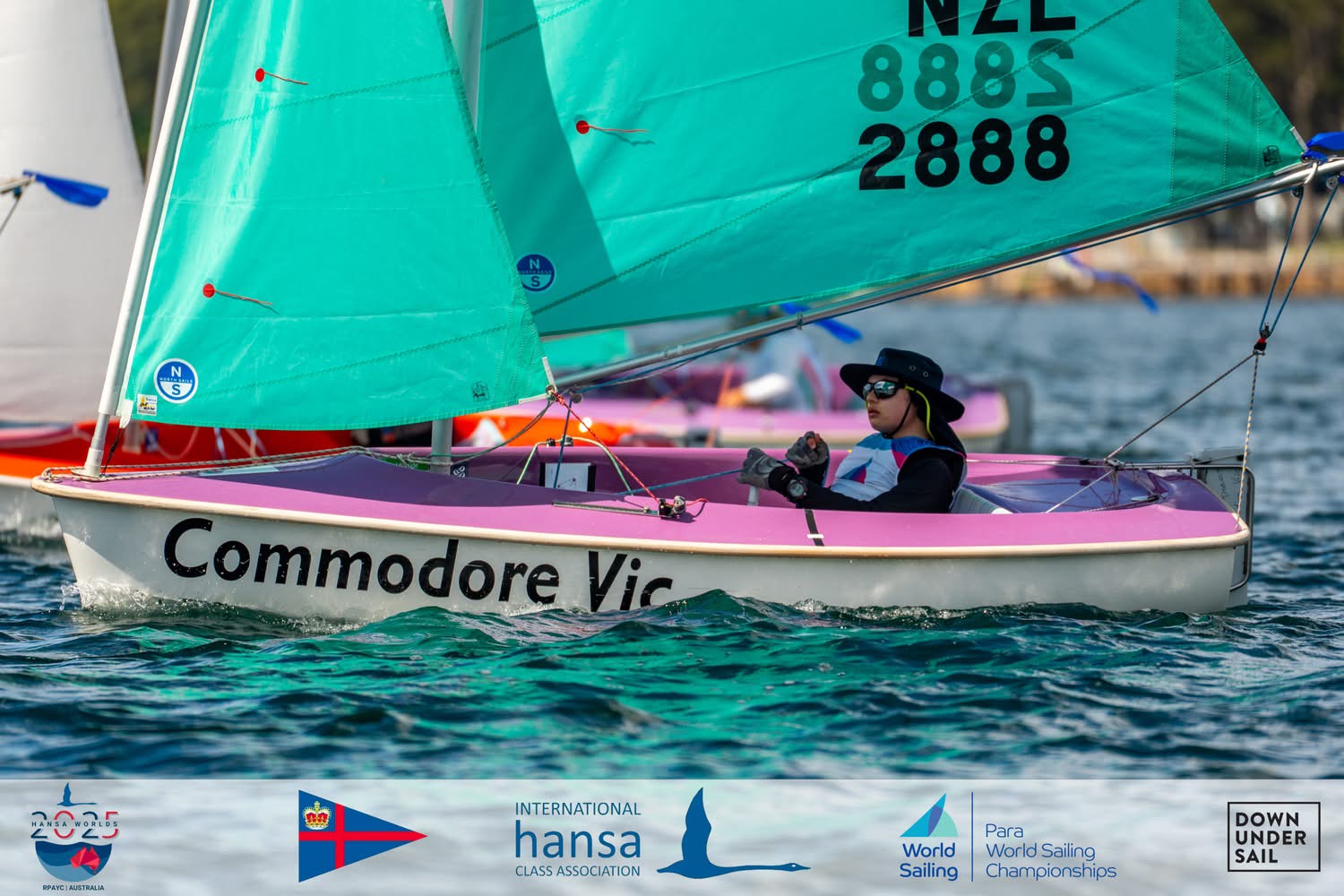Categories
It’s hard to be patient

It’s hard to be patient when there’s a lot of talk about improving lives for people with intellectual disabilities, but the better times still feel out of reach.
Chief Executive of Whaikaha Ministry of Disabled People Paula Tesoriero acknowledges the weight of expectation from people in the disability sector but says that while she works to get the new ministry functioning at full speed there is plenty that can be done to realise the aspirations of disabled people.
She says the sector now has “a moment in time” when there is a focus on disability and a platform to start talking about delivering change.
This moment in time refers to the establishment of Whaikaha on 1 July, the Accessibility for New Zealanders Bill, the recent challenge from the United Nations to do better in meeting our obligations under the UN Convention on the Rights of Persons with Disabilities, and the shortcomings revealed by the Royal Commission of Inquiry into Abuse in Care hearings.
Paula, who was appointed inaugural CE in August, says Whaikaha is in an embryonic state. “We are taking the time to develop a strategic plan, in partnership with the disability community, and a full work plan to support that. This will position us to do the important work we have ahead.
“We have been given a very clear priority from the Government to ensure that supports are delivered in an ‘enabling good lives’ way.” She says she recently met a young woman with Down syndrome who was managing a personal budget for services, and this led to positive change in her life. Choice in how to live is what is wanted for all disabled people.
“Enabling good lives is here now,” Paula says. It is a set of principles that needs to be embedded in government agencies and disability service providers. These principles have existed for a very long time.
“I am hugely optimistic about what we can do in partnership with the community and in partnership with disabled people.
“We are building the plane as we are flying it,” Paula says. “We want as many people building the plane and being part of it as possible.”
She says that while Whaikaha is in temporary modified offices with other government agencies, within a couple of years it will have its own bespoke disability-friendly offices. “That will be a place where community can come together.”
Paula says the role of Whaikaha is to influence change across government and to demonstrate leadership on disability issues. It did not want to, nor could it assume the responsibilities other agencies have to create better outcomes for disabled people, but it can provide guidance and support. Where there are sticking points, as in the long-running debate between IHC and the Ministry of Education, Whaikaha can help Ministers to have conversations.
In the case of policies, such as the Government’s Digital First policy, it is making sure that disabled people and their families are involved upfront and early in the development, and communications are tailored appropriately to the audience. “I acknowledge that this is one of a number of important issues that need to be addressed for disabled people, and it will be important to work with the disability community to find solutions.”
Caption: Paula Tesoriero, Chief Executive of Whaikaha Ministry of Disabled People.

This story was published in Strong Voices. The magazine is posted free to all IHC members.
Download PDF of Strong Voices issue








